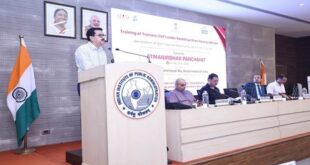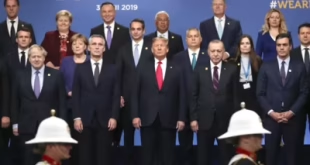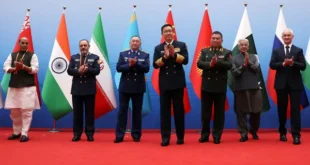Syllabus: Welfare schemes for vulnerable sections of the population by the Centre and States and the performance of these schemes
THE GIST
- The Sachar Committee was constituted by the UPA government to look into the social, economic and educational standing of Muslims in India. In a comprehensive 400-page report tabled in Parliament in 2006, the Sachar Committee concluded that the Muslim minority was neglected in almost all dimensions of development.
- An analysis of the latest Ministry of Minority Affairs data shows that beneficiaries of six central educational schemes such as the pre and post-matric scholarship, the Maulana Azad National Fellowship etc dropped by around 7% in three years, between 2019 and 2022.
- The Niti Aayog in its Strategy Document-2018, points out that affirmative action is the need of the hour to improve the socio-economic status of religious minorities, particularly Muslims.
The story so far:
In the past few years, the Centre has discontinued two key educational schemes for religious minorities, narrowed the scope of another and gradually cut down on the expenditure incurred on multiple programmes of the Ministry of Minority Affairs.
Why are there scholarships for religious minorities?
- India is home to over 30 crore (20%) people from religious minority communities.
- These include six religions notified under Section 2(c) of the National Commission for Minorities Act, 1992.
- Among them, Muslims make up the largest religious minority but face challenges in various sectors.
- Their participation in salaried jobs is low and many are engaged in the informal sector, characterised by low wages, weak social security and poor working conditions.
Section 2(c) of the National Commission for Minorities Act, 1992
It defines the term “minority” for the purposes of the Act. It states that:”minority” means a community notified as such by the Central Government.
The Central Government has notified the following six communities as minorities under the Act:
- Muslims
- Christians
- Sikhs
- Buddhists
- Jains
- Parsis
These communities are considered to be minorities because they constitute less than 50% of the population of India. The National Commission for Minorities is a statutory body that was established by the Act to protect the interests of these minority communities.
The Commission has a number of functions, including:
- Investigating complaints of discrimination against minority communities.
- Recommending measures to promote the educational, economic, and social development of minority communities.
- Advising the government on matters relating to minority welfare.
The Commission also has the power to suo motu (on its own initiative) take up matters relating to the welfare of minority communities.
Why is educational aid necessary?
- As pointed out by the Niti Aayog in its Strategy Document-2018, affirmative action is the need of the hour to improve the socio-economic status of religious minorities, particularly Muslims, who continue to lag behind the rest of the population in several areas.
- There is a significant disparity in education accessibility between Muslims and the general population, with Muslim representation in total enrolment declining as one moves to higher levels of education.
- Experts worry that scrapping scholarships and limiting the scope of others such as the pre-matric scholarship and the Begum Hazrat Mahal National Scholarship will adversely affect the community and impact their enrolment rate, which is already worrisome.
The highest proportion of out-of-school children in the country belong to Muslim communities (4.43%), followed by Hindus (2.73%), Christians (1.52%) and others (1.26%), according to the Sarva Shiksha Abhiyan data.
What is the way forward?
Niti Aayog has suggested enhancing pre-matric, post-matric and merit-cum-means scholarships as well as the MANF and national overseas scholarships, recommending a 15% annual increase from 2019-20. It also recommended increasing the number of scholarships for girls from minority communities by 10% every year.
 Chinmaya IAS Academy – Current Affairs Chinmaya IAS Academy – Current Affairs
Chinmaya IAS Academy – Current Affairs Chinmaya IAS Academy – Current Affairs



